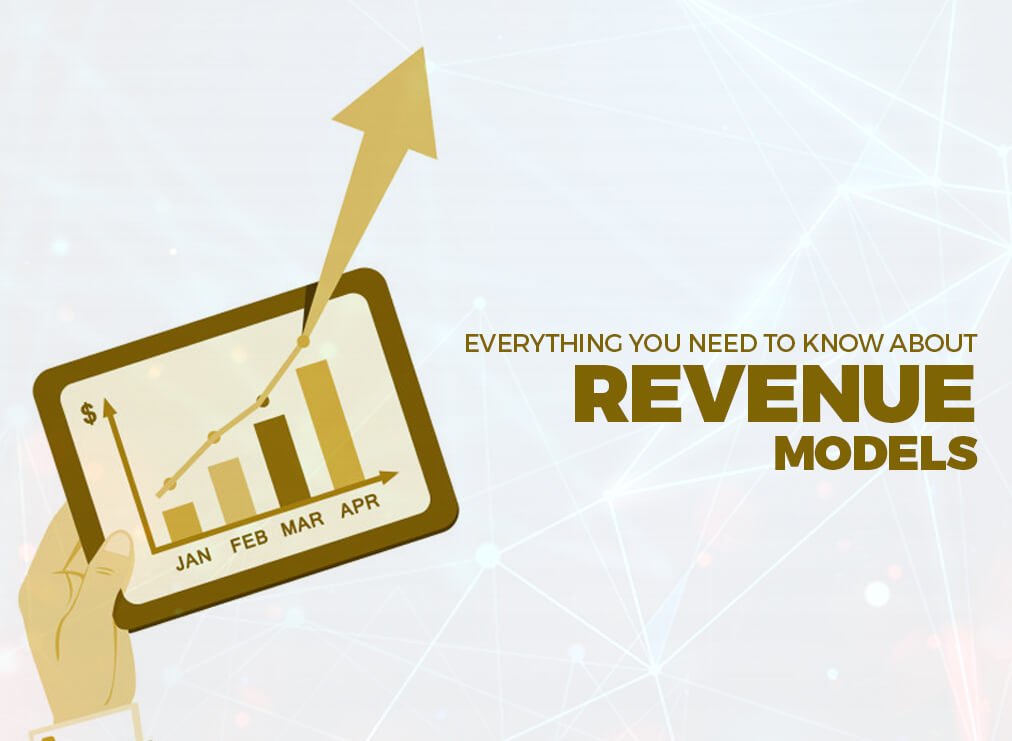Finding a product or service that works and you are deeply passionate in is only part of the job. Much of the hard work and challenges come later on when you try to usher in financial income to your business. This is why anchoring the blueprint of your business to a revenue model is essential.
Apart from allowing you to gauge the success of the venture and project financial returns of your business, a revenue model also allows you to ascertain the potential of your business and or your company to grow.
In order for your business to thrive in a cutthroat industry and going against other more established firms, having the right revenue model seamlessly integrated with a business plan is second to none. Read on to learn more about revenue models in business.

Revenue Model – What Is It and How Does it Work?
Simply put, the revenue model is a type of conceptual framework that determines how you or your business can effectively earn profits or earnings. At the same time, it also dictates the resources and strategies required for you to achieve these goals. This is also called a business model.
This conceptual framework is also helpful in identifying a company’s values, sources of earnings, and the target market of the products or services being offered.
As mentioned, this type of framework is vital to a company’s overall success and operations. Besides giving your firm the competitive edge it needs to succeed, it also ensures that your company operates with financial income and stability on the horizon.
Main Features of a Revenue Model
There are various types of business models present on the market. These include subscription models, advertising frameworks, commissioned revenue models, arbitrage, and many more.
For a company to survive its day-to-day operations and eventually thrive in a competitive environment, an appropriate business framework must be in place to help companies grow and sustain their finances. With this in hand, entrepreneurs are made aware of the profits being made per month.
Likewise, revenue models also serve as a stepping stone for companies to venture into investment schemes or facilities, such as property or equipment, that can double down on their efforts towards developing a stable financial income.
Lastly, having a revenue model in hand allows your business to take a unique position in the market, and by extension, generate buzz among your target market.
How a Revenue Model Fits Into a Business Plan

Revenue models work hand in hand with business plans. While a business model focuses on income-generation strategies, a business plan mainly focuses on the overall goals and profits that a company or a business intends to make within a set period.
Moreover, a business plan also identifies the market in which it will operate and lays out its competition. It also discusses financial plans, income, and cash flows.
Both of these work together by describing how a firm comes up with its overall value as per the company business plan and by delineating how a company generates profits from the value it has made for its target consumers as per the revenue model.
The integration of the revenue model within a business plan, then, identifies the ways that you can fulfill the goals outlined and determined in your business plan.
Conclusion
A revenue model is no doubt part of a company’s backbone. To cater to the unique strengths and features of your products and services, make sure to pick the right model that helps you deliver the highest value while also getting maximum returns in your business venture.



















